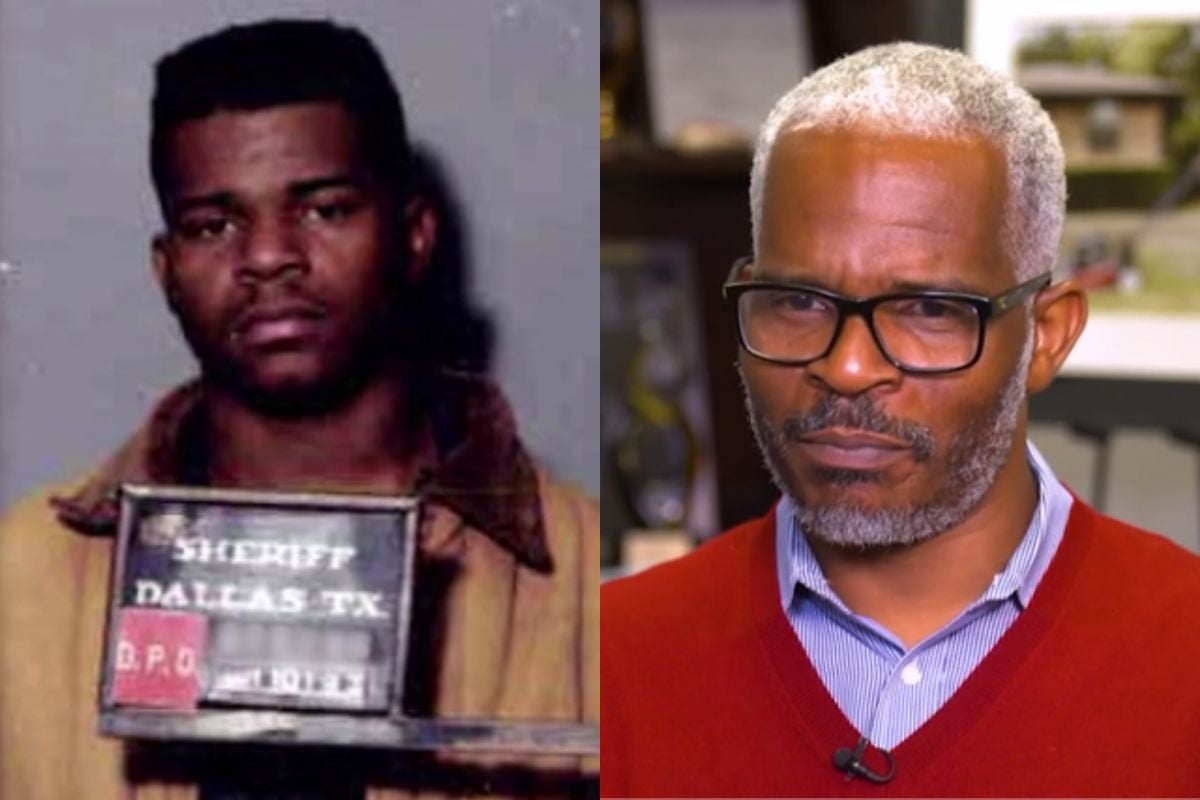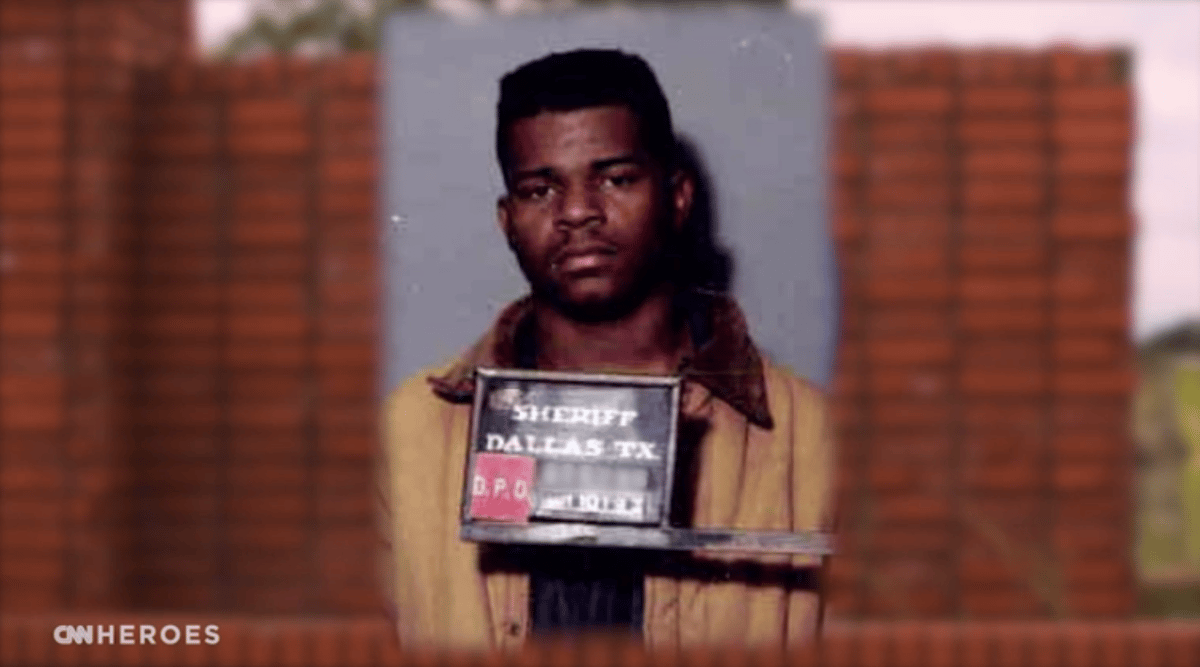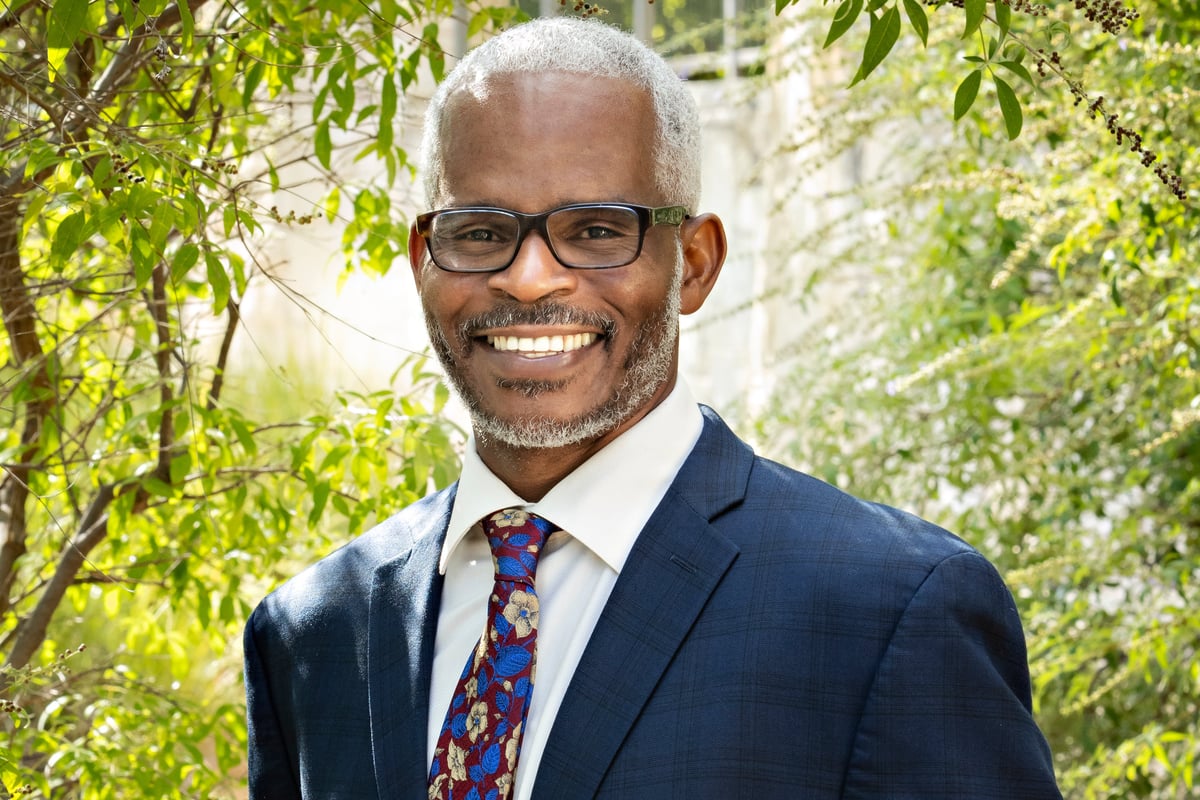
It was an early May morning in 1994 when police stopped Richard Miles on the street and fasted handcuffs around his wrists.
The 19-year-old, who was wearing a white tank top and a floppy hat, had been walking home after seeing a friend in Dallas, Texas.
"Put your hands up and get on the ground!" a voice shouted over the police car intercom. "Where's the gun?"
Miles didn't know it at the time, but he fit the description of a man who had shot two men at a petrol station in Dallas earlier that morning.
The murderer, who was wearing dark shorts, a white tank top and a floppy hat, had approached the two men in a car at the petrol station and shot them with a nine-millimetre pistol.
One of the men was killed. The other survived but was severely injured.
At the time, a witness who was waiting in line at the petrol station saw a man running with a gun in his right hand before fleeing in a white Cadillac, according to The National Registry of Exonerations.
The witness later identified that man as Miles.
Despite the fact that several other witnesses could not identify Miles from photos, Miles was charged with murder and attempted murder.
 Image: CNN.
Image: CNN.

